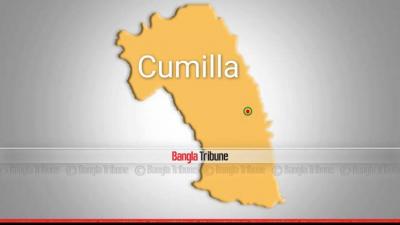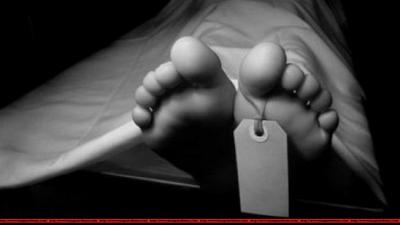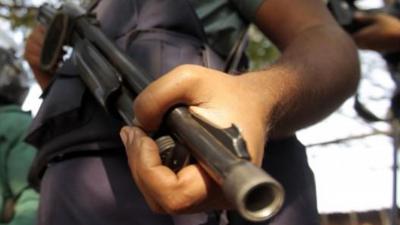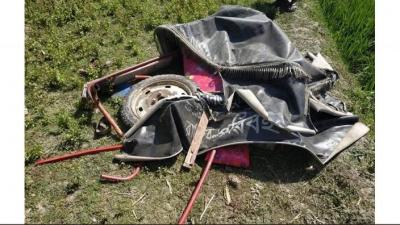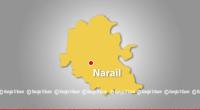 The Rohingyas living at Cox’s Bazar are gradually getting themselves directly involved in the trade of contraband yaba rather than being carriers.
The Rohingyas living at Cox’s Bazar are gradually getting themselves directly involved in the trade of contraband yaba rather than being carriers.
Sources at the law enforcing agencies said that the refugees were bringing in yaba from Myanmar and supplying it to different areas across Bangladesh. As a matter of fact, there are 13 refugee leaders listed in Cox’s Bazar Detective Branch of police’s list of the drug traders.
Meanwhile, Rohingya leaders claim that the ‘yaba godfathers’ were, in fact, local leaders or their relatives.
According to data from Rapid Action Battalion (RAB), Border Guard Bangladesh (BGB), Coast Guard and Department of Narcotics Control, in the last three years (2016, 2017 and 2018), since the Rohingyas crossed over to Bangladesh, yaba smuggling has significantly increased.
The data showed that in 2016 law enforcers seized 15 million pieces of yaba from Teknaf Upazila. The number stood at 20 million pieces in 2017 and exceeded 25 million by 2018.
According to narcotics control officials, in the last ten years, more than 5,000 people involved with the trade of the contraband substance were caught while smuggling it.
The Rohingya camps, on the other hand, are gradually becoming yaba consumption dens and sanctuary for smugglers. Not only that the camps are now being used as storage for the drugs.
A Rohingya leader wishing to remain anonymous said that last year in August, a Rohingya camp volunteer security by the name of Mohammad Abu Yaser was shot in broad daylight.
“Yaba-related dispute was the motive behind the murder,” he said, adding that the law enforcers have been handed a list naming 80 Rohingyas who are involved in the trade.
Another Rohingya who himself was involved in yaba smuggling said that poverty had led his 17-year-old son to get involved in the illegal trade.
Wishing to remain anonymous as well, the refugee said, “A local yaba trader used to stock up his goods in my son’s room and I used to charge Tk 3,000 for it.”
He added that later his son started buying the drug and selling them in refugee camps.
“It’s true there was a time Rohingyas used to be driven towards yaba smuggling due to poverty,” Teknaf Leda camp Development Community Chairman Abdul Matlab told Bangla Tribune.
Reaffirming that many of the refugees were now involved in the trade, Matlab said that in many cases influential locals used them to serve their agendas.
“Police have detained 15 refugees this month. Yaba smuggling has increased since they came in,” said Ukhiya police OC Abul Khayer Khan.
He reiterated Matlab’s statement that many yaba traders were using the Rohingyas but the police are vigilant about catching them.
“No one involved with yaba will be spared,” said Teknaf model police OC Pradip Kumar Das.
Das said that anti-yaba drives were ongoing at the government’s instruction and that their vigilance has reduced yaba consignments coming into Bangladesh from Myanmar.
Meanwhile, this year among the 14 alleged yaba smugglers killed during ‘shootout’ with Rapid Action Battalion (RAB) or Border Guard Bangladesh (BGB), four were Rohingyas.
According to police, in the last one year 18 people in Rohingya camps were killed due to narcotics-related or internal conflicts.
There are currently 238 lawsuits against these refugees, 68 of which are for drug and six are for rape. The rest are various cases of robbery, assault or smuggling.
 Country
Country
41443 hour(s) 24 minute(s) ago ;
Afternoon 02:18 ; Wednesday ; Jul 09, 2025
Rohingyas becoming yaba smugglers
Send
Abdur Rahman, Teknaf
Published : 09:30, Jan 29, 2019 | Updated : 16:47, Jan 29, 2019
Published : 09:30, Jan 29, 2019 | Updated : 16:47, Jan 29, 2019
0 ...0 ...
/st/
Topics: Top StoriesExclusive
- KOICA donates medical supplies to BSMMU
- 5 more flights to take back British nationals to London
- Covid19: Rajarbagh, Mohammadpur worst affected
- Momen joins UN solidarity song over COVID-19 combat
- Covid-19: OIC to hold special meeting
- WFP begins food distribution in Cox’s Bazar
- WFP begins food distribution in Cox’s Bazar
- 290 return home to Australia
- Third charter flight for US citizens to return home
- Dhaka proposes to postpone D8 Summit
Unauthorized use of news, image, information, etc published by Bangla Tribune is punishable by copyright law. Appropriate legal steps will be taken by the management against any person or body that infringes those laws.
Bangla Tribune is one of the most revered online newspapers in Bangladesh, due to its reputation of neutral coverage and incisive analysis.
F R Tower, 8/C Panthapath, Shukrabad, Dhaka-1207 | Phone: 58151324; 58151326, Fax: 58151329 | Mob: 01730794527, 01730794528

